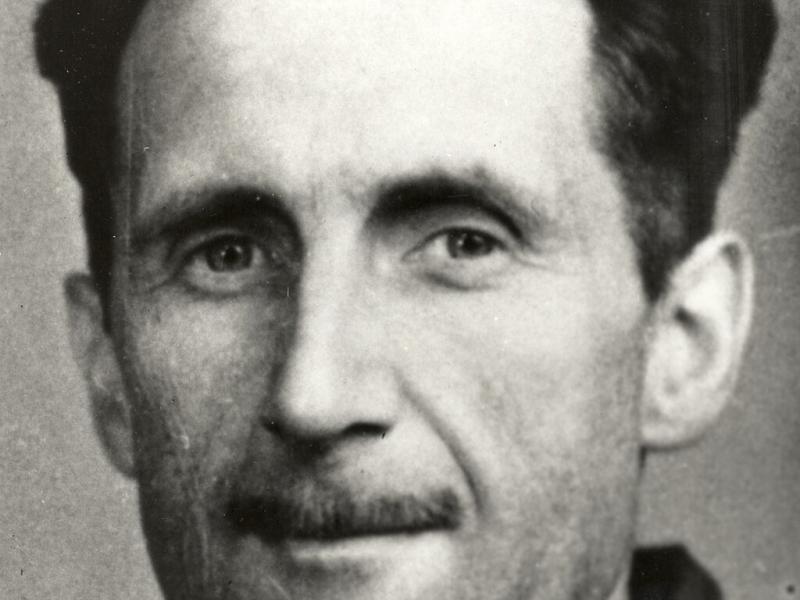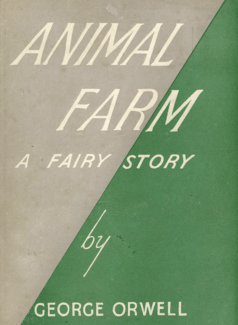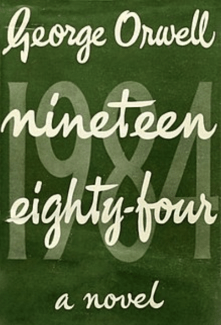Great Writers

George Orwell
In his short life, Orwell (1903-1950) wrote two of the most famous and enduring novels of the 20th century, "Nineteen Eighty-Four" (1949) and "Animal Farm" (1945). These profound critiques of totalitarianism and social injustices continue to resonate, with terms he created such as "Big Brother," "Thought Police," and "doublethink" now part of our common language for describing political abuses.
This British novelist, essayist, and journalist was born Eric Arthur Blair on June 25, 1903 in Bengal, India, the son of a British colonial civil servant. He died of tuberculosis on Jan. 21, 1950, in London, England, just months after the publication of his acclaimed novel, "Ninety Eighty-Four."
Orwell was educated on scholarship in England and later joined the Indian Imperial Police in the then-British colony of Burma. In 1928, he moved to Paris, hoping to become a writer. His experiences in a series of low-paying jobs are described in detail in his 1933 book, "Down and Out in Paris and London."
Orwell considered himself an anarchist in the late 1920s, but by the 1930s, he had become a socialist, writing about injustices such as poverty among English miners —"The Road to Wigan Pier" (1937). In 1936, Orwell went to Spain to fight against Franco's Nationalists, but he ended up fleeing Soviet-backed communists who were suppressing revolutionary socialist dissenters. This led to his life-long distrust of Stalinism, as well as his first successful novel, "Animal Farm."

The book, published in 1945, was a critical and financial triumph for Orwell. The political, anti-utopian fable set in a farmyard was based on Joseph Stalin's betrayal of the Russian Revolution — the dream of an egalitarian society of animals collapses when the power-hungry pigs form an oppressive dictatorship. “All animals are equal, but some animals are more equal than others.”

The dystopian "Nineteen Eighty-Four" was published four years later, Orwell's warning about the dangers of totalitarianism following the Nazi and Stalinist regimes. The book’s hero, a minor party functionary, longs for truth and decency, but he is up against a government that distorts the truth and rewrites history. This is a must-read novel that is urgently relevant in America today.
If you like Orwell, try also "Keep the Aspidistra Flying" (1936) about a bookseller's assistant who is at odds with the empty materialism that pervades his world.
More information:
[Photo credit: George Orwell, Branch of the National Union of Journalists (BNUJ), Public domain, via Wikimedia Commons]